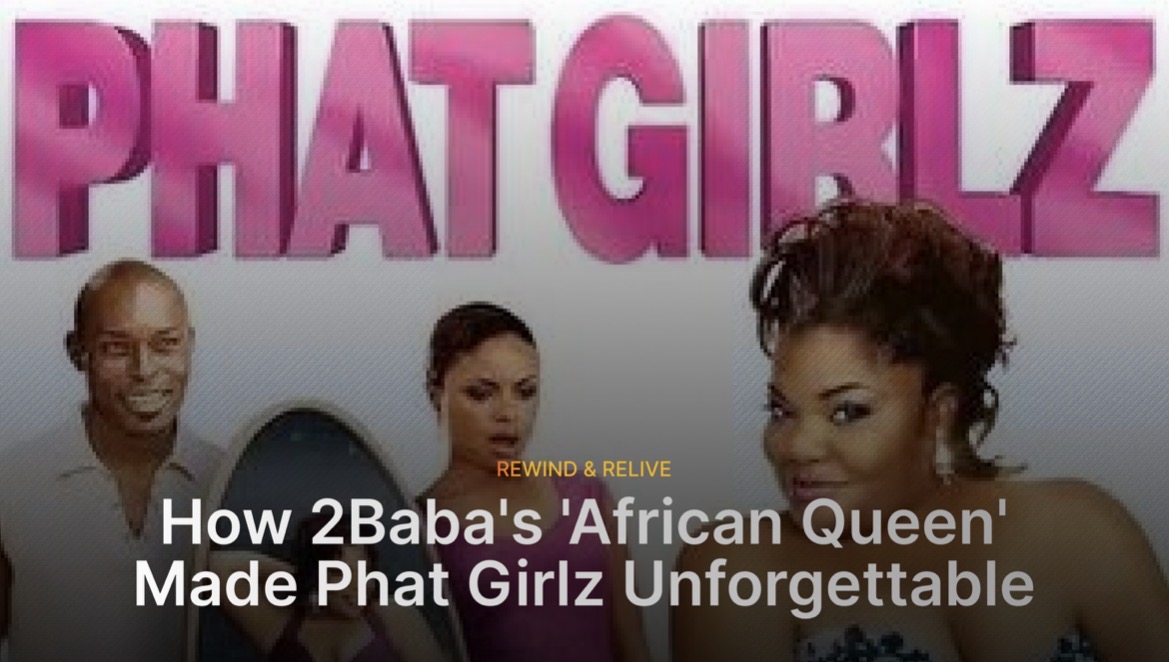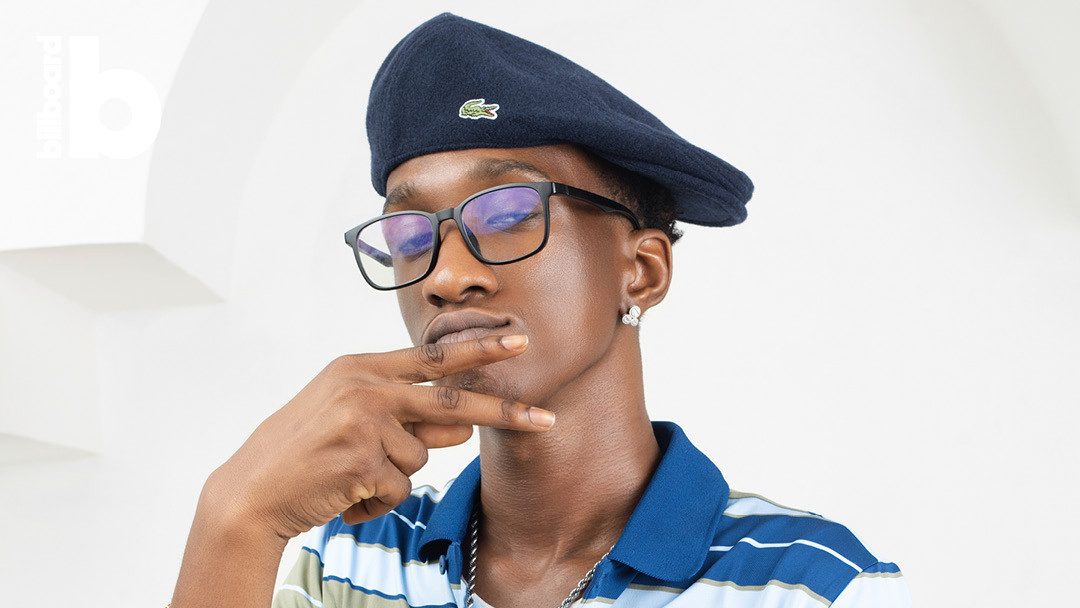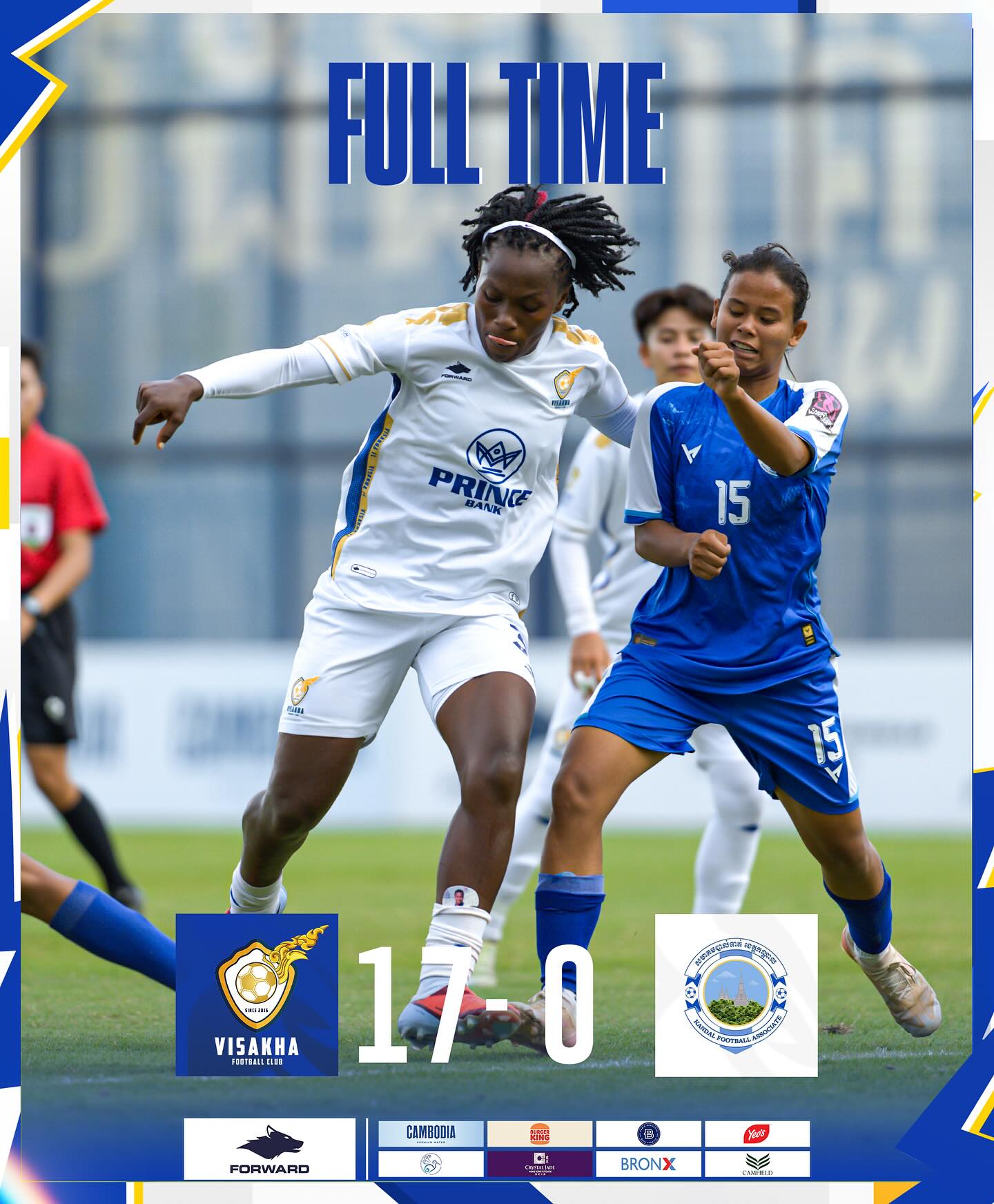The journey to the current era of global chart dominance Afrobeats is enjoying arguably started in 2004 when one of our songs truly crossed the borders for the first time. This pioneering breakthrough did not come with the explosive production of today, but with a soulful, heartfelt ballad that captured the world’s imagination: African Queen by 2Face Idibia (now 2Baba).
Released in 2004 as the lead single from his debut solo album, Face 2 Face, African Queen was a masterclass in organic beauty. Its genius lay in its accessibility. The song blended a gentle, acoustic guitar riff with 2Face’s distinctive, smooth vocals, creating a universal love letter that needed no translation. While firmly rooted in the Afrobeat and Highlife sounds of Nigeria, its melody and sentiment were timeless and borderless.
The lyric, “You are my African queen, the girl of my dreams,” became an instant and enduring catchphrase across Africa and beyond. It was a celebration of black beauty and African femininity at a time when such positive, mainstream declarations were rare. The song traveled across the world. It became the soundtrack to weddings, slow dances, and intimate moments, earning a place on compilation CDs and radio playlists far from its Nigerian origins.
One core memory of African Queen spreading across the world was when it got used as a soundtrack to the movie Phat Girlz, directed by Nnegest Likke, which starred Mo’Nique, Kendra C. Johnson, Jimmy Jean-Louis, Joyful Drake, and Godfrey. The movie is about Jazmin, a talented but frustrated plus-size fashion designer. Jazmin meets doctor Tunde on Vacation. Though he loves her confidence, her past judgment about her size caused her insecurity. She struggles to accept his love, learning she deserves happiness and success just as she is
The movie’s use of African Queen provided a powerful and beautiful conclusion to its message. The song plays during a key romantic moment, and its lyrics perfectly capture the film’s celebration of Black beauty and self-love. When the song came on, it was not just background music, it felt like the characters’ feelings were being put into words. The lyrics, which praise a woman’s natural beauty from her skin to her smile, directly reflect how Tunde sees Jazmin as a queen.
The song African Queen went beyond its initial role as a mere romantic song for the movie; it evolved into a profound declaration of self-identity and cultural pride. Through its lyrics and melodies, it conveys a powerful message about recognizing and embracing one’s own beauty, especially in a society that frequently imposes narrow standards of attractiveness.
Before the release of African Queen, the landscape of Nigerian pop music was primarily shaped by the rhythms found in the Afrobeat genre, significantly popularized by the legendary Fela Kuti. His Afrobeat was marked by rich instrumentation and politically charged lyrics that resonated deeply with the struggles of the Nigerian people. Alongside this, the late 1990s saw an emergence of vibrant dancehall and hip-hop influences, which added to the dynamic musical soundscape of the time. It was within this diverse and energetic backdrop that 2face Idibia emerged, leading a transformative shift in the Nigerian music scene.
With African Queen, 2face executed a strategic reimagining of Afrobeat, softening its traditionally complex edges and infusing it with a more melodic and intimate quality of sound and different songwriting. This single effortlessly intertwined a classic Afrobeat rhythm, known for its wide structures, with smooth R&B vocals and mainstream pop sensibilities. This innovative fusion resulted in a sound that felt distinctly Nigerian yet possessed an undeniable global appeal, making it palatable to global audiences.
The song’s success was amplified by its careful crafting and production, which also spread it for global AirPlay, enabling it to resonate on prominent music platforms such as MTV Base and BET.
Unlike the politically charged narratives typical of Fela’s music, African Queen embraced a romantic and soulful vibe that focused on emotional connections and catchy melodic hooks, thereby expanding the reach of Nigerian music.
2face’s signature style, defined by his voice and relatable lyrics that mingled Pidgin English and standard English, became symbolic to the Afrobeats genre. The polished production and laid-back feel of the track served as a blueprint for the emerging Afro-pop sound, illustrating that substantial commercial success did not need to be a copy of American musical styles.
Instead, it revealed that by refining and streamlining the rich existing elements of Nigerian music, an artist could carve out a unique niche that appealed not only to local fans but also to a global audience. This groundbreaking approach paved the way for a new generation of Nigerian artists, inspiring them to explore their cultural roots while embracing modern influences.
African Queen was a major turning point. It showed that a Nigerian love song, with its own unique sound, could become a hit all over the world. When it was used in the movie Phat Girlz, its message became even stronger; it became an anthem about loving yourself and celebrating Black beauty. By proving that authentic African songs could have global appeal, African Queen opened the door for all the Afrobeats stars we hear today. It was the important first step of the Afrobeats to the World movement.
Related: HBO to Premiere Wizkid’s Long Live Lagos Documentary on December 11




